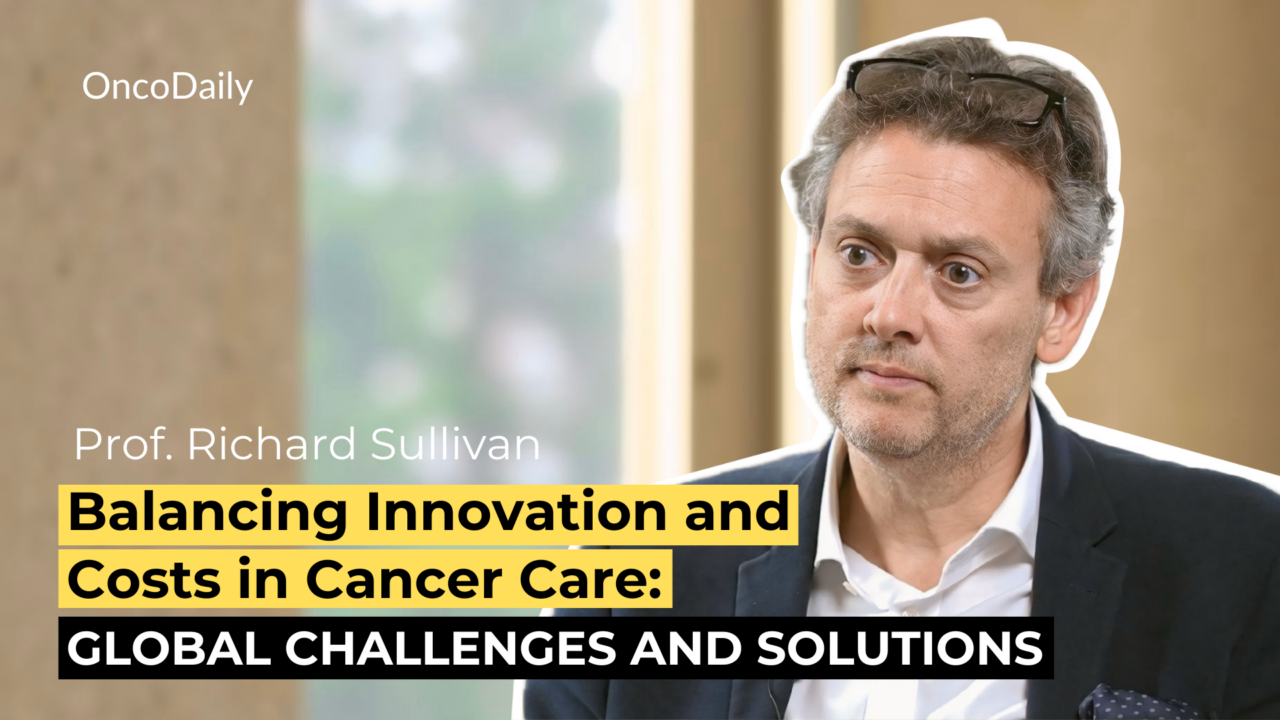
Advancing Oncology Trials: Innovative Designs and Breakthroughs in Cancer Research
In this engaging talk, the speaker Prof. Richard Sullivan from King’s College London shares insights on the evolution of early-phase clinical trials in oncology. Highlighting the shift from traditional designs to modern, complex approaches like basket and umbrella trials, they emphasize the importance of pharmacodynamic endpoints, innovative drug development, and the critical role of statistical design.
Through examples such as temozolomide and cisplatin, the speaker illustrates the challenges and breakthroughs in trial design, while stressing the need for multidisciplinary teams and cutting-edge technology to optimize outcomes in cancer research.
Richard Sullivan is a Professor of Cancer and Global Health at King’s College London, where he directs the King’s Institute of Cancer Policy and co-directs the Conflict and Health Research Group. His research spans from global cancer studies to conflict and health, with a focus on capacity building in conflict zones, humanitarian medicine, women’s health, and digital innovation in surgery.
Richard Sullivan’s speech centers around the journey and challenges of early phase clinical trials, especially in cancer research. He starts by reflecting on the origins of these trials, where small molecules played a significant role, and how that era marked the beginning of using pharmacodynamic endpoints to measure a drug’s effect. He reminisces about his time at Cancer Research UK, where drugs like temozolomide were developed, paving the way for more sophisticated trial designs. Temozolomide, in particular, was a breakthrough because it allowed scientists to see how the drug concentrated in tumors without invasive procedures.
Sullivan points out that despite having elegant scientific theories, success in the clinic often didn’t follow the expected path. He uses examples like cisplatin and carboplatin, drugs that initially caused severe side effects but eventually became important treatments through improved understanding of their toxicities and how to manage them.
He then transitions to discussing more modern trials, like basket and umbrella trials, which study different cancer types or genetic mutations at the same time. These trial designs, while innovative, come with their own set of challenges, particularly in ensuring the right statistics are applied and maintaining access to specific targeted drugs.
Sullivan also delves into the rise of immuno-oncology, noting how combination therapies have added layers of complexity to early phase trials. He explains that immuno-oncology brought new hope but also made it harder to interpret results, particularly in determining which biomarkers would predict patient responses.
Toward the end, he offers a glimpse into the future, where a large pipeline of cancer drugs is expected. Sullivan emphasizes the need for considering the societal and economic impact of new drugs early in the trial process, and he closes by touching on the regulatory differences between agencies like the FDA, EMA, and the UK’s MHRA, which play crucial roles in shaping how early phase trials are conducted.
For more information visit oncodaily.com
-
Challenging the Status Quo in Colorectal Cancer 2024
December 6-8, 2024
-
ESMO 2024 Congress
September 13-17, 2024
-
ASCO Annual Meeting
May 30 - June 4, 2024
-
Yvonne Award 2024
May 31, 2024
-
OncoThon 2024, Online
Feb. 15, 2024
-
Global Summit on War & Cancer 2023, Online
Dec. 14-16, 2023
